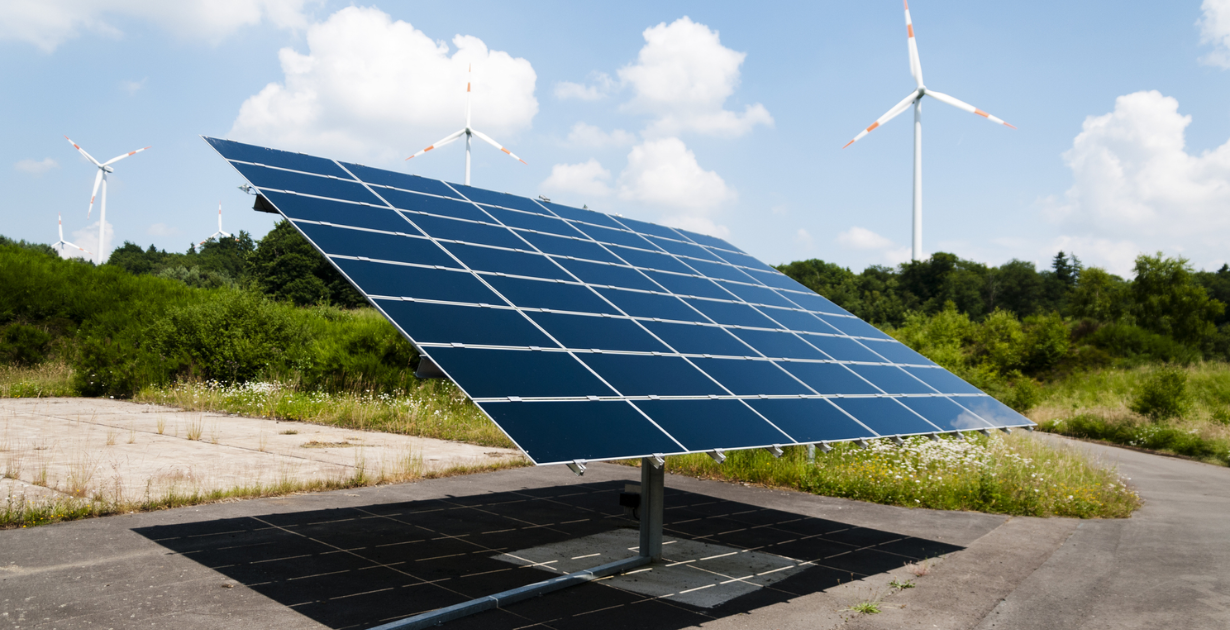Bill Gates Backs Arnergy to Enhance Solar Accessibility in Nigeria
Arnergy, supported by Bill Gates, will enhance solar accessibility in Nigeria with a $18 million investment due to increasing demand.
The need for solar energy in Nigeria, which faces electricity shortages, has significantly increased over the last decade due to deteriorating grid stability and escalating fuel prices.
This has attracted investment attention to Arnergy, a clean technology firm addressing that need.
The firm has secured a $15 million Series B extension, in addition to a $3 million B1 round from the previous year, resulting in a cumulative total of $18 million for this round.
The increase in demand for solar systems is a result of substantial policy changes, namely the abolition of Nigeria’s longstanding fuel subsidy in May 2023, a government move that concluded its longstanding practice of bridging the disparity between global and domestic gasoline prices.
Since that time, fuel prices have surged roughly 500%, rendering power generators, formerly seen as a more economical option to unstable grid power and solar systems despite environmental concerns, far more expensive to operate.
Arnergy’s proposition has evolved with the changing times. “At the inception of our business, we marketed solar energy primarily as a means to achieve continuous power supply, rather than as a cost-saving solution.”
“It did not constitute a commercial discussion,” said creator and CEO Femi Adeyemo to TechCrunch.
“Currently, we can unequivocally demonstrate to customers how our systems reduce their monthly expenses, regardless of whether they utilize petrol, diesel, or the grid.”
Adeyemo established Arnergy in 2013 to provide solar systems to residential and commercial sectors, including hospitality, education, finance, agriculture, and healthcare.
Initially conceived as a resilience initiative, it has now evolved into a cost-reduction approach that is transforming the economic landscape of cleantech adoption, supported by Bill Gates’s Breakthrough Energy Ventures, which spearheaded Arnergy’s $9 million Series A funding in 2019.
The uptake is most evident in the company’s lease-to-own product, Z Lite, which emerged as a primary emphasis after Arnergy’s first Series B tranche last year.
In 2023, outright purchases constituted 60% to 70% of revenue, while they represented just 25% of sales the previous year.
Conversely, lease-to-own arrangements, in which consumers remit set monthly payments over a period of 5 to 10 years prior to acquiring ownership of the system, have garnered increased popularity.
A primary factor for this alteration is cost-effectiveness relative to power pricing. Until recently, many individuals saw long-term leases as more expensive than operating diesel or petrol generators.
However, with fuel prices escalating after the elimination of subsidies and grid rates increasing particularly after a new government policy implemented last April that quadrupled energy bills for clients with the most reliable power—lease-to-own solar is gaining popularity among consumers, according to Adeyemo.
“Envision expending ₦200,000 (~$125) monthly for electricity. With our product, the price decreases to ₦96,000 (about $60). After five years, the savings are unequivocal,” stated the CEO.
He said that several current customers are either doubling their solar capacity or transitioning entirely off-grid as a consequence.
Arnergy increased its leasing client base thrice from 2023 to 2024 and anticipates a growth of 4–5 times this year. Naira revenues have increased correspondingly and are projected to double by year-end.
Dollar sales have stagnated owing to currency depreciation; nevertheless, Adeyemo said that the firm is generating foreign exchange income via dollar-denominated B2B2C partnerships and exploring development into Francophone Africa.
So far, Arnergy has installed more than 1,800 systems in 35 Nigerian states, amounting to 9MWp of solar power and 23MWh of battery storage.
Arnergy intends to use its recent financing, spearheaded by Nigerian private equity company CardinalStone Capital Advisers (CCA), to deploy over 12,000 devices by 2029.
Breakthrough Energy Ventures, British International Investment, Norfund, EDFI MC, and All On participated in the funding round.
Achieving that objective requires a strategic transformation. For over ten years, Arnergy managed sales internally. It is now using a partnership-oriented approach with corporate clients and real retail locations outside Lagos to expand its customer base in Nigeria’s energy-deficient sector.
The Lagos-based cleantech is negotiating to get more domestic financing from banks and Development Finance Institutions (DFIs) to facilitate projects, including energy-as-a-service (EaaS) solutions for international corporations, according to Adeyemo.
In the previous month, the Nigerian government declared intentions to prohibit the importation of solar panels to enhance domestic manufacture. The decision has elicited criticism from stakeholders who think that domestic capability is not prepared.
Adeyemo concurs with the objective, but disagrees with the methodology. He cautioned that an early prohibition might hinder a sector that is only beginning to develop.
The CEO asserts that Nigeria must establish an environment characterized by enough infrastructure, policy consistency, and capital accessibility to enable local industries to expand within the next 3 to 5 years. The nation should consider phasing out imports only beyond that point.
“We support local manufacturing.” However, let us enhance our capacity prior to restricting imports. Otherwise, we risk causing more detriment than benefit, both to the sector and to the millions of Nigerians who now depend on solar as their principal energy source,” he stated.
news via inbox
Get the latest updates delivered straight to your inbox. Subscribe now!




